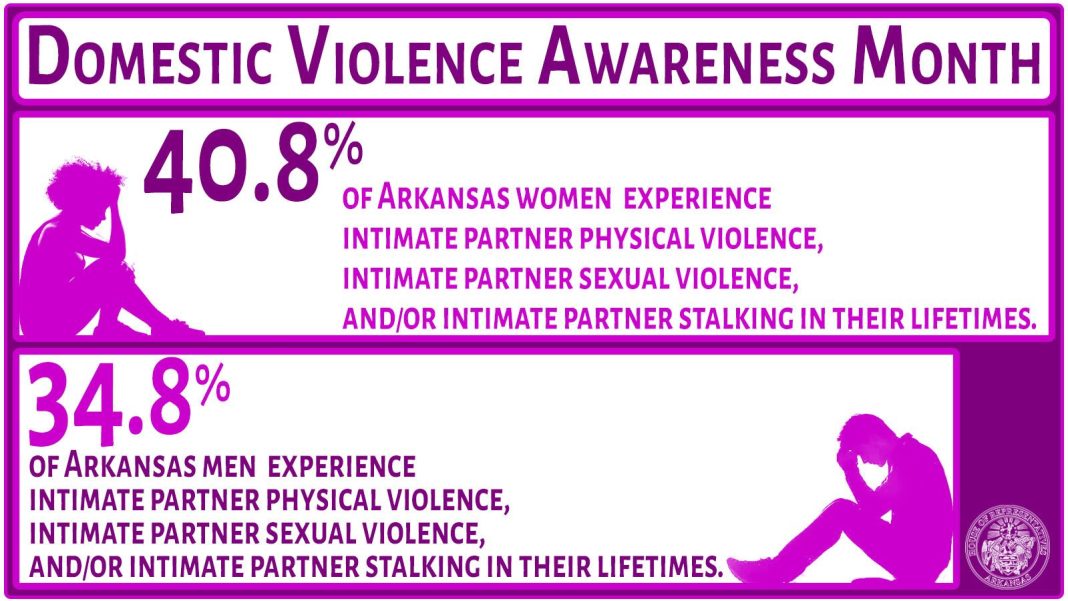 Title: The Challenges of Reimbursement for AI Cancer Screening and its Impact on Patients
Title: The Challenges of Reimbursement for AI Cancer Screening and its Impact on Patients
Introduction:
Artificial intelligence (AI) has revolutionized cancer screening, but the lack of reimbursement from Medicare and private insurers presents difficulties for both companies and patients. Despite the authorization of numerous AI and machine learning-enabled devices and programs by the FDA, most lack billing codes for reimbursement. This article explores the implications of this reimbursement gap and its impact on AI adoption and patient access to innovative technologies.
The Complex Reimbursement Process:
Avenda Health’s Unfold AI prostate cancer platform serves as an example of the intricate process required for insurers to cover AI tools. While the FDA approved the program for medical decision support, the American Medical Association assigned a provisional billing code for it. However, this is not the case for most AI radiology products. Achieving Medicare and insurer coverage can take years, creating financial burdens for patients, particularly older individuals who make up a significant portion of the patient population.
Obstacles to Reimbursement:
The American Medical Association issued guidelines for establishing AI Current Procedural Terminology (CPT) codes, emphasizing the involvement of medical specialties in setting standards. Dr. William Thorwarth, CEO of the American College of Radiology, cautioned against rushing the reimbursement process due to its complexity. He raised concerns about whether currently covered AI platforms truly add value to patients or the health system. Medicare and private health insurers share this cautious approach, considering previous experiences with computer-aided mammography that led to false positives and unnecessary biopsies.
The Dilemma of Charging Patients Out of Pocket:
Radiology provider RadNet resorted to charging patients a fee for its Enhanced Breast Cancer Detection AI screening due to the lack of insurance reimbursement. While RadNet’s proprietary tool demonstrated improved cancer detection, charging patients an out-of-pocket fee remains a barrier to wider adoption. RadNet compares this situation with the initial offering of digital breast Tomosynthesis, which eventually gained widespread insurance coverage. The hope is that driving adoption and demonstrating value in detecting more cancers will convince insurers to cover AI screening.
Access Concerns and Patient Outcomes:
Patients who cannot afford the additional costs of AI tools may experience poorer outcomes. UCLA neurology professor Josh Trachtenberg’s experience highlights the potential benefits of AI prostate cancer screening. The AI program accurately measured the tumor’s scope, enabling the doctor to perform surgery while preserving healthy tissue. Trachtenberg worries that patients without access to certain AI tools will be subjected to less optimal treatment options. Access to innovative technologies may be hindered if uncertainty surrounding reimbursement discourages funding for innovation.
Investor Perspective and the Future of AI Screening:
Despite the challenges of reimbursement, investors continue to support health-care AI developers. Alex Morgan, a partner at Khosla Ventures, emphasizes the importance of providing differentiated, powerful outcomes to ensure payment. Ultimately, the technology that enhances the quality of care and patient outcomes will prevail.
Conclusion:
The lack of reimbursement for AI cancer screening poses significant challenges for companies and patients alike. The complex process of establishing billing codes and concerns about false positives and unnecessary procedures contribute to the cautious approach of Medicare and private insurers. Patients who cannot afford out-of-pocket fees may face limited access to innovative AI technologies. However, investors remain optimistic about the future of health-care AI, recognizing the potential for improved care and outcomes. It is crucial to address reimbursement issues to ensure equitable access to life-saving AI cancer screening tools.


